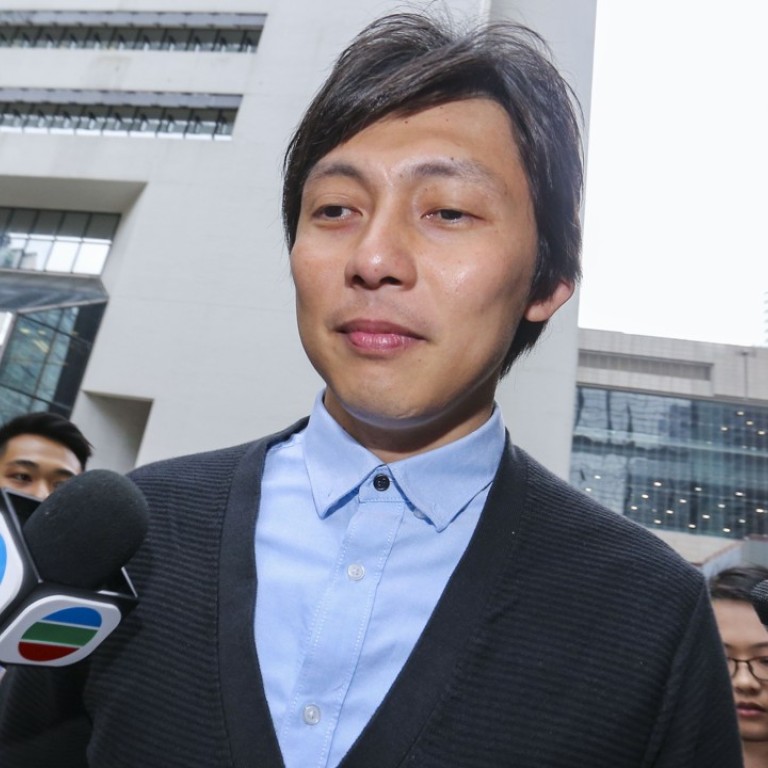
Low stakes and lower interest – why does no one seem to care about match-fixing in Hong Kong soccer?
Fans being more bothered about World Cup television pricing than the plague on domestic league makes it difficult for HKFA and ICAC to battle betting
Two weeks after four co-defendants were dismissed without charge because of the credibility of the witness, former Hong Kong footballer of the year Lee Wai-lim was sentenced. He had pleaded guilty, the only one of the five players to do so.
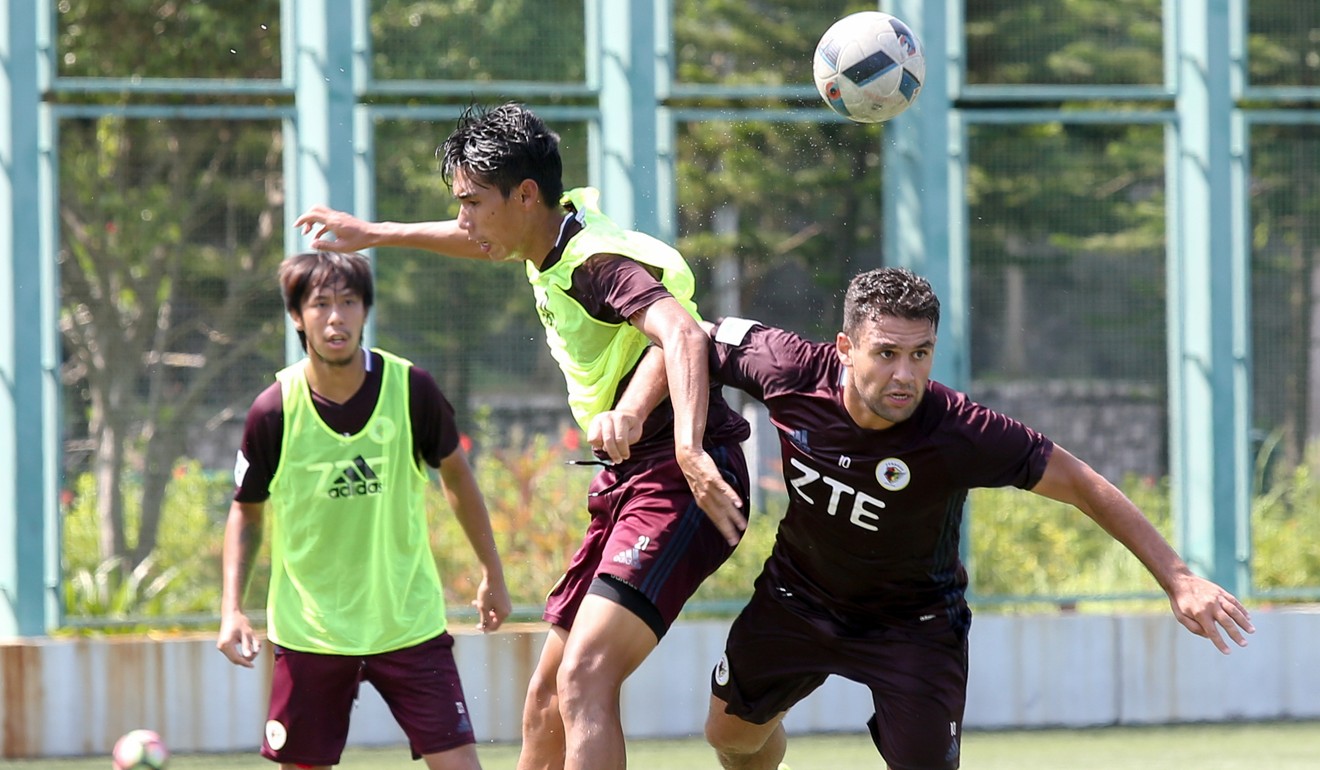
When the initial reports broke, the number was HK$90,000 split between six people. That is not a great deal of money, even accounting for the poor pay of players in Hong Kong. It’s sad that such a small figure could prove tempting.
Lee said he was paid HK$20,000 to fix matches but had to pay half of it back as he had failed to fix the score in one game. Instead, his Pegasus side won. It would be funny if it wasn’t so sad.
Instead of jail time, Lee has to complete 180 hours of community service.
His six months’ in remand was taken into account. He also has to pay HK$20,000 to former club Pegasus.
Judge Edmond Lee Chun-man pulled no punches in his summary of the effects of the case when sentencing Lee: “It has not only seriously affected the image of local footballers but also destroyed the football scene as well as Hong Kong’s reputation as a clean city.”
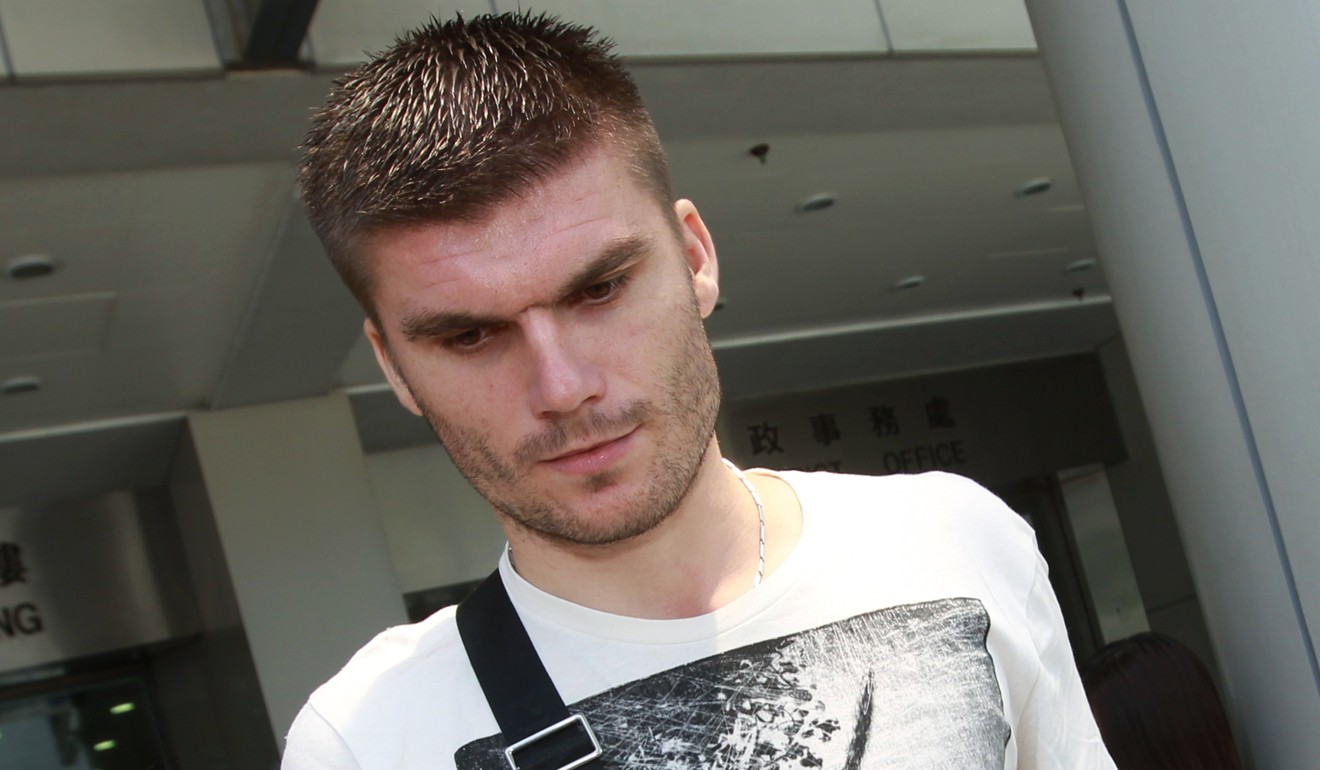
Happy Valley were suspended as were Tuen Mun after a dubious own goal brought suspicion upon them. These cases and the latest involving Pegasus may have made the courts but it is a problem that has not ended.
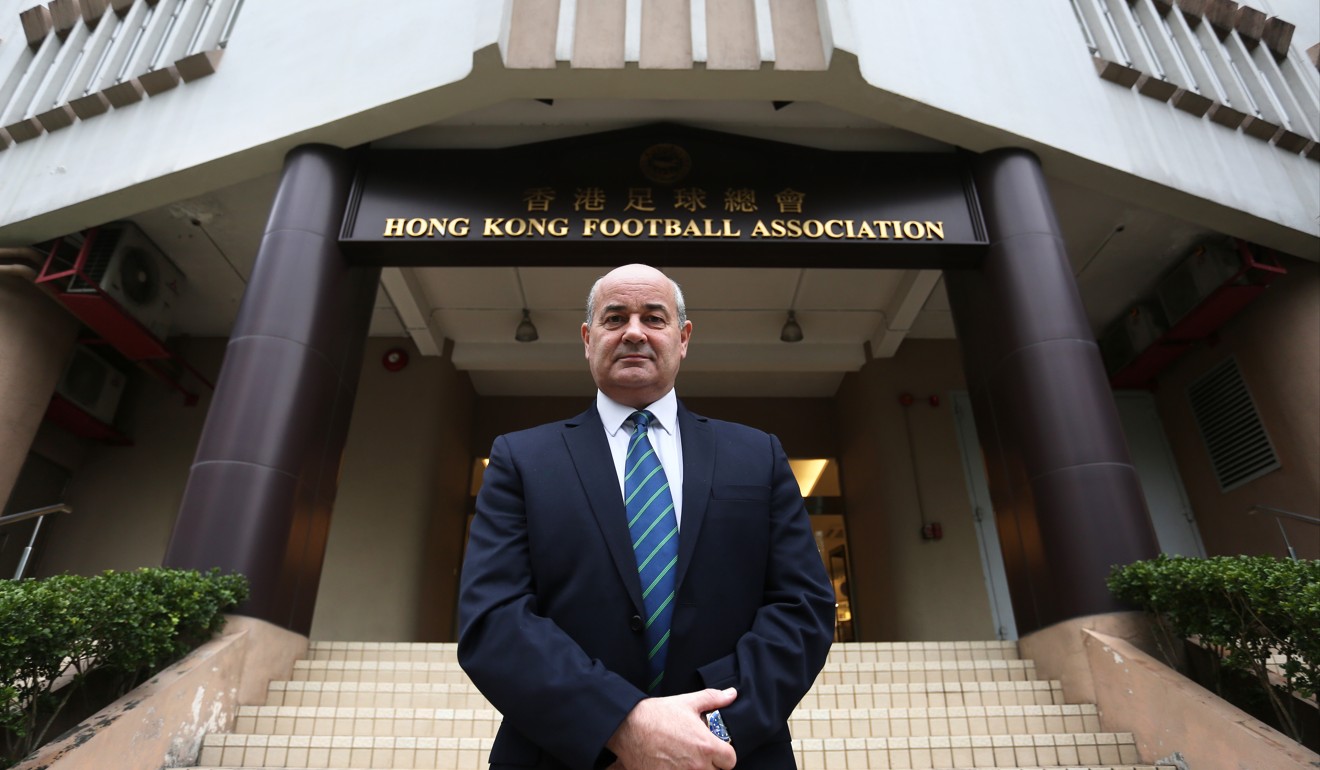
In all of the cases in Hong Kong it is match-fixing proper – players playing for a result pre-agreed with the bookmakers and betting syndicates – rather than spot betting, where players and their friends bet on outcomes such as the first throw-in and whether they will get a yellow card.
The former is the much more serious offence.
“In Hong Kong, it’s illegal to bet on Hong Kong football, but we know there’s a massive unregulated market and that makes the situation worse,” Sutcliffe said.
“We want to try to open a dialogue with the government now on legalising football betting and to establish a fund to help us combat the problem of match-fixing.”
It’s a blight on the game that’s not limited to Hong Kong but at least in other countries people seem to care about the game.
While the HKFA and ICAC both care, it’s not clear that anyone else does – it’s not clear if many people care about Hong Kong football at all.
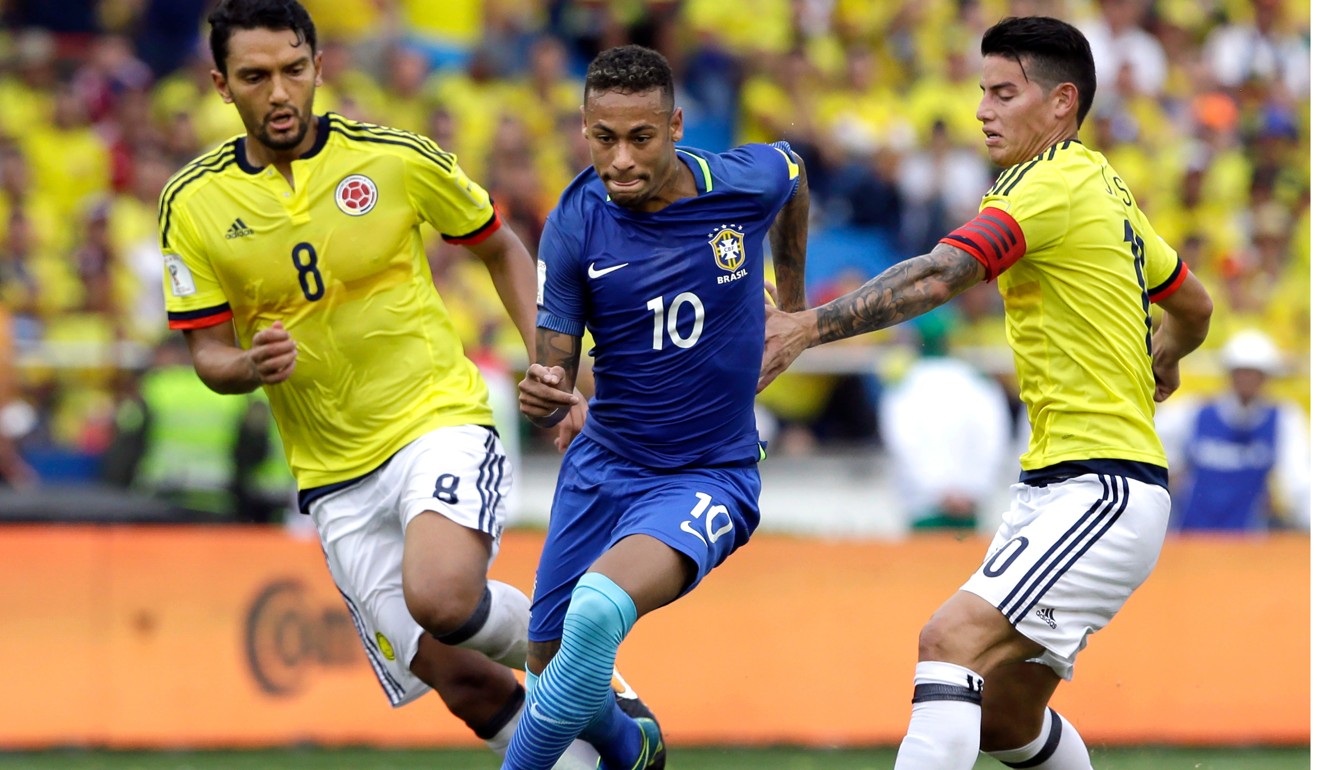
Sutcliffe acknowledges that the game has suffered because it has the negative perception of being corrupt, a vicious cycle where fans don’t turn up because the result has been agreed upon beforehand, but people not turning up is what makes the poorly paid players so susceptible to shady deals.
Allowing betting on Hong Kong matches would certainly bring with it the scrutiny that horse racing is subject to and with that the idea that football was cleaned up.
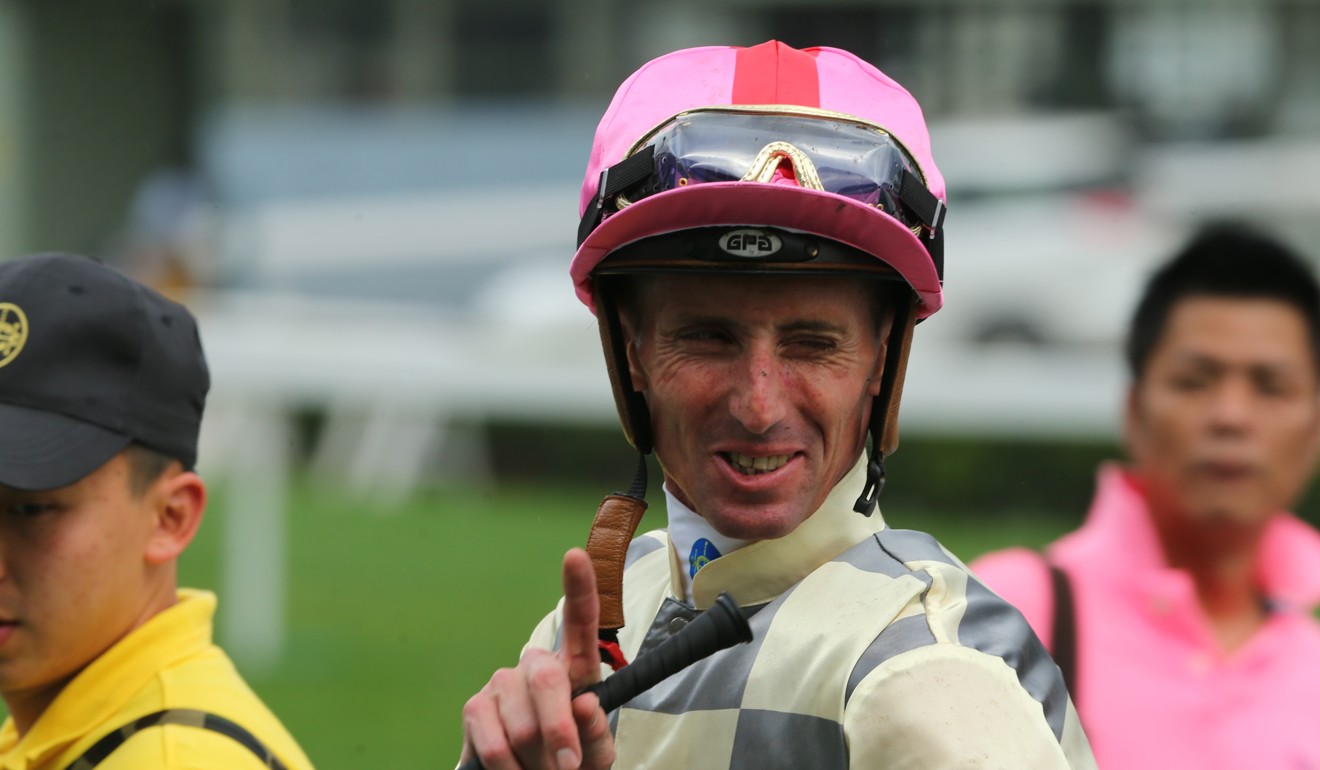
Regardless, those over the border who are keen on betting are not likely to swap their illegal bookies for the Jockey Club but they also might lose interest if the game became seen to be less prone to temptation.
It’s clear that decisions need to be made.
Starting with what will happen to the four cleared Pegasus players, who the judge determined could not have their costs reimbursed as they had left themselves open to suspicion? Will the game rehabilitate and re-embrace them? What message would that send?

